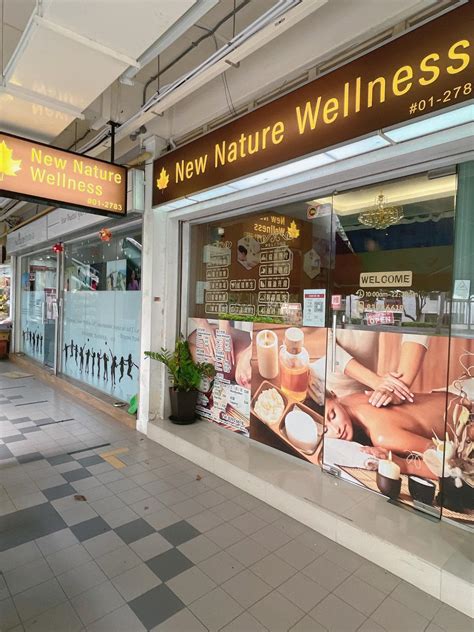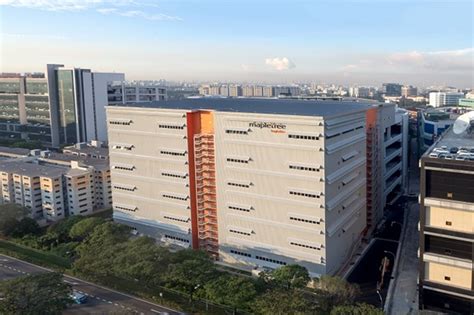Introduction: The Perfect Resume Length
Crafting a resume that stands out from the competition is crucial in today’s job market. One of the most common questions candidates face is, “How many pages should a resume be?” The answer varies depending on several factors, but generally speaking, a resume should be 1-2 pages long.

Why 1-2 Pages?
- Most recruiters spend an average of 7 seconds scanning a resume. A 1-2 page resume ensures that your key information is presented concisely and effectively.
- Hiring managers prefer resumes that are easy to read and navigate. A lengthy resume can be overwhelming and may deter recruiters from giving it proper attention.
- It forces you to highlight only the most relevant experience and skills. Condensing your resume to 1-2 pages forces you to be selective and prioritize the information that is most likely to impress potential employers.
Exceptions to the Rule
While 1-2 pages is the ideal resume length for most candidates, there are some exceptions to the rule:
Less than 1 Page:
- Recent graduates with limited work experience (typically less than 3 years)
- Career changers who have minimal experience in their new field
More than 2 Pages:
- Seasoned professionals with 10+ years of experience
- Executives and leaders with extensive accomplishments
- Individuals in specialized fields that require a detailed description of technical skills and experience
Determining the Correct Resume Length for You
To determine the appropriate length for your resume, consider the following factors:
- Experience: The more experience you have, the longer your resume may be.
- Industry: Different industries may have varying expectations for resume length.
- Job Target: Tailor your resume to the specific job you are applying for.
- Keywords: Include relevant keywords throughout your resume to improve its visibility to recruiters.
Table 1: Resume Length Guidelines by Experience
| Years of Experience | Resume Length |
|---|---|
| 0-3 | 1 Page |
| 3-7 | 1-2 Pages |
| 7-10 | 2 Pages |
| 10+ | 2-3 Pages |
Content to Include
Essential Sections:
- Contact Information (Name, address, phone number, email address)
- Summary (Brief statement of your skills and experience)
- Experience (Detailed description of your work history)
- Education (List of degrees and certifications)
- Skills (Relevant hard and soft skills)
Optional Sections:
- Awards and Recognition (Significant accomplishments)
- Certifications (Professional certifications)
- Projects (Completed personal or work-related projects)
- Languages (Fluency in languages other than English)
Tips and Tricks
- Use a clear and concise font. Arial, Helvetica, Calibri, and Cambria are recommended.
- Set margins to 1 inch. This provides ample space without making your resume feel cluttered.
- Proofread carefully for errors. Double-check your resume for any typos or grammatical mistakes.
- Tailor your resume to each job. Highlight the skills and experience most relevant to the position you are applying for.
- Consider using a professional resume writing service. A professional can help you optimize your resume and make it stand out from the crowd.
FAQs
1. Is it okay to have a one-page resume if I have a lot of work experience?
Yes, it is possible to have a one-page resume even with extensive work experience. Focus on highlighting your most relevant and recent accomplishments.
2. Can I use a smaller font to fit more information on my resume?
Using a font size smaller than 11pt is generally not advisable. It can make your resume difficult to read and may deter recruiters.
3. Do I need to include my full address on my resume?
It is not necessary to include your full street address on your resume. You can simply list your city, state, and zip code.
4. Should I use a cover letter with my resume?
A cover letter is a great way to introduce yourself to potential employers and explain why you are interested in the position. However, it is not always necessary to include one with your resume.
5. What if I have a lot of diverse work experience?
If you have a wide range of work experience, consider organizing your resume by functional area (e.g., marketing, finance, operations).
6. Should I include a picture on my resume?
It is not common to include a picture on a resume in most industries. However, it may be acceptable in certain fields, such as modeling or acting.
7. How often should I update my resume?
Your resume should be updated regularly, especially if you gain new experience or skills. It is generally recommended to update it at least once a year.
8. Should I use keywords in my resume?
Yes, it is important to use relevant keywords throughout your resume. This will help recruiters match your skills to the job requirements.
Conclusion
The optimal resume length depends on several factors, but the general rule is to keep it to 1-2 pages. By following the guidelines and tips outlined in this article, you can create a resume that effectively showcases your qualifications and impresses potential employers. Remember to tailor your resume to each job you apply for and proofread carefully to ensure it is error-free.
















